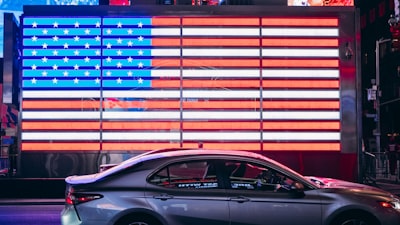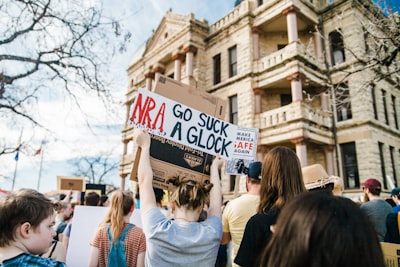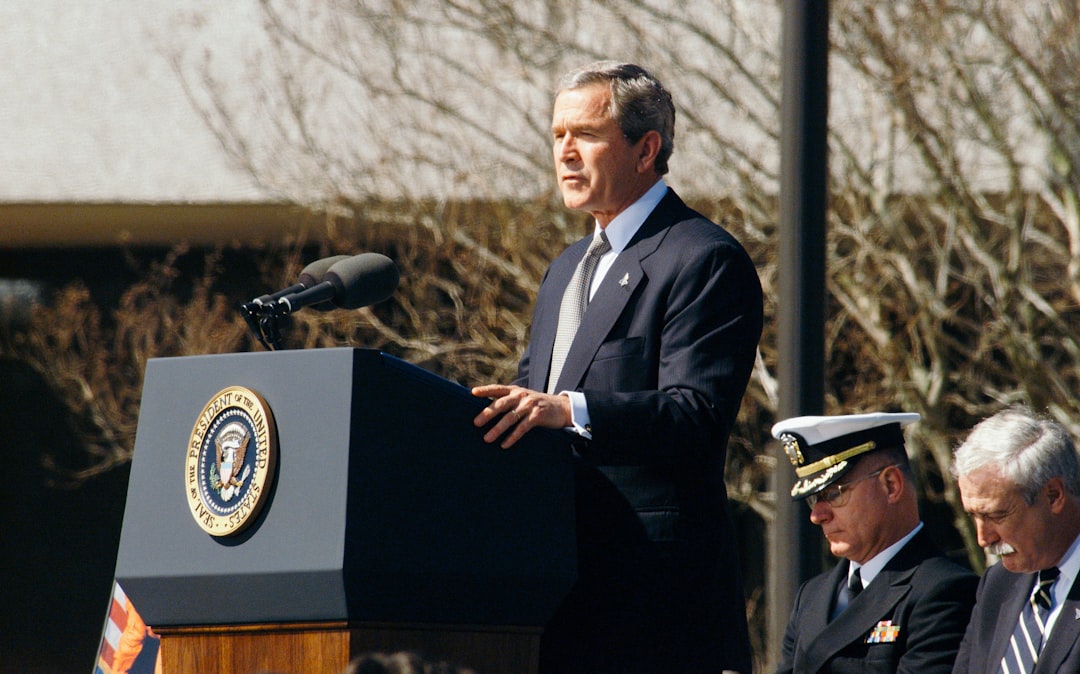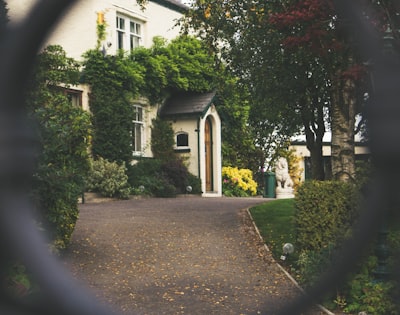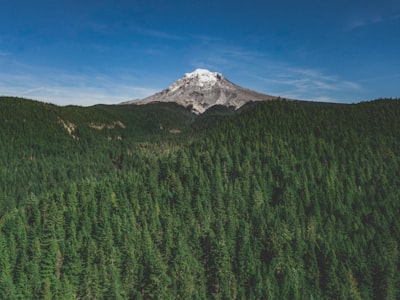The First Amendment to the United States Constitution prevents the government from making laws which respect an establishment of religion, prohibit the free exercise of religion, or abridge the freedom of speech, the freedom of the press, the right to peaceably assemble, or the right to petition the government for redress of grievances.
Initially, the First Amendment applied only to laws enacted by the Congress, and many of its provisions were interpreted more narrowly than they are today. New York , the Supreme Court applied the First Amendment to statesa process known as incorporationthrough the Due Process Clause of the Fourteenth Amendment.
Board of Education , the Court drew on Thomas Jefferson’s correspondence to call for “a wall of separation between church and State”, though the precise boundary of this separation remains in dispute. Speech rights were expanded significantly in a series of 20th and 21st-century court decisions which protected various forms of political speech, anonymous speech, campaign financing, pornography, and school speech; these rulings also defined a series of exceptions to First Amendment protections.The Supreme Court overturned English common law precedent to increase the burden of proof for defamation and libel suits, most notably in New York Times Co.
United States , the Supreme Court ruled that the First Amendment protected against prior restraintpre-publication censorshipin almost all cases. In addition to the right of assembly guaranteed by this clause, the Court has also ruled that the amendment implicitly protects freedom of association.
It is a common misconception that the First Amendment prohibits anyone from limiting free speech, including private, non-governmental entities.

